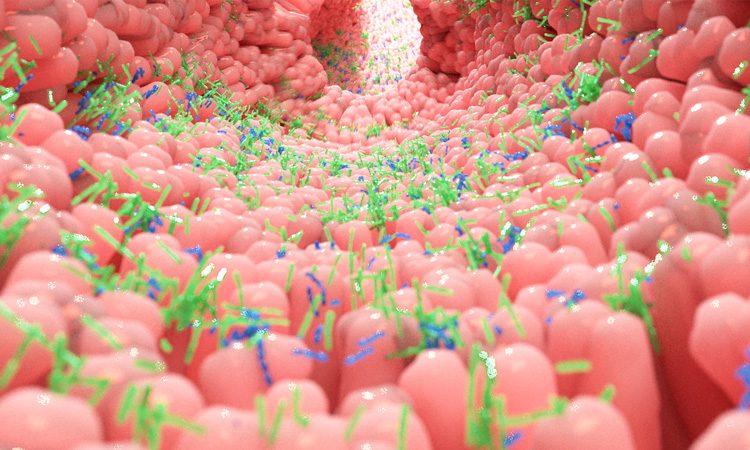Study shows impact of 2’FL on gut microbiota and metabolite production
- Like
- Digg
- Del
- Tumblr
- VKontakte
- Buffer
- Love This
- Odnoklassniki
- Meneame
- Blogger
- Amazon
- Yahoo Mail
- Gmail
- AOL
- Newsvine
- HackerNews
- Evernote
- MySpace
- Mail.ru
- Viadeo
- Line
- Comments
- Yummly
- SMS
- Viber
- Telegram
- Subscribe
- Skype
- Facebook Messenger
- Kakao
- LiveJournal
- Yammer
- Edgar
- Fintel
- Mix
- Instapaper
- Copy Link
Posted: 9 October 2019 | Sam Mehmet (New Food) | No comments yet
DuPont™ Care4U™ 2’-fucosyllactose (2’-FL) is said to have significant effects on the microbiota and metabolite production under simulated infant gut conditions.


Continuing its research on human milk oligosaccharides (HMOs), DuPont, the technology-based materials, ingredients and solutions business, has released the findings of a new study showing that Care4U™ 2’-Fucosyllactose (2’-FL), a DuPont product, beneficially changes microbiota composition and the production of microbial metabolites in comparison to galacto-oligosaccharides (GOS) and lactose.
The effects elicited to microbiota and metabolite composition by 2’-FL were between the responses elicited by GOS and lactose, which indicates that 2’-FL is selectively fermented by the infant microbes.
“Our previous in vitro cultivation experiments, as well as literature, indicated that 2’-FL is selectively utilised by only certain types of bifidobacteria and Bacteroides species, and this type of modelling with a complex microbiota is a step ahead in our journey to understand the prebiotic mechanisms of 2’-FL,” indicated Krista Salli, M.Sc., Scientist, DuPont Nutrition & Biosciences.
“This study exemplifies the utility of the DuPont™ Enteromix® infant gut simulator to compare the fermentation of the carbohydrates between each other,” said Heli Anglenius, Ph.D., Senior Scientist, DuPont Nutrition & Biosciences.
“Over the years, the Enteromix® gut simulator developed in-house in Kantvik, Finland, has been used successfully for a multitude of studies with fecal microbiota sampled from adults, and this study demonstrates its applicability to studies where the microbiota is obtained from infants. This is a great continuation for more than 20 years of expertise using our own pre-clinical modelling.”
Among the study’s other achievements was the comparison of 2’-FL to GOS and lactose.
“While this study was done under simulated gut conditions, it showed the differences between the carbohydrates, especially in the production of microbial metabolites,” said Ratna Mukherjea, Ph.D., Technical Fellow and Global Research and Development Leader-Human Milk Oligosaccharides (HMO), DuPont Nutrition & Biosciences. “These kind of study approaches can give more understanding on the how HMOs can be utilsed by the microbiota with a method that is not invasive which is important, especially in the case of infants.”
Related topics
Health & Nutrition, Lab techniques, Research & development, Technology & Innovation, The consumer









